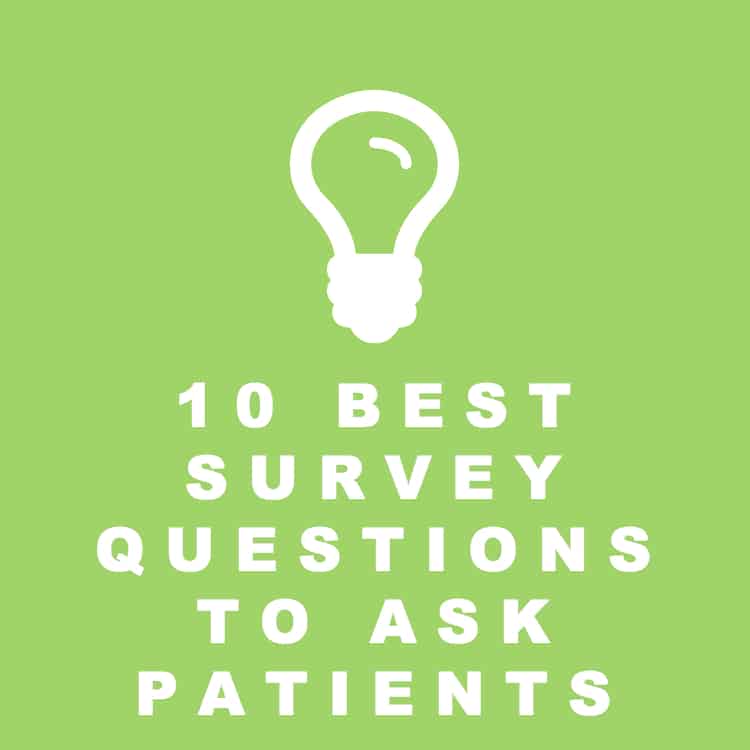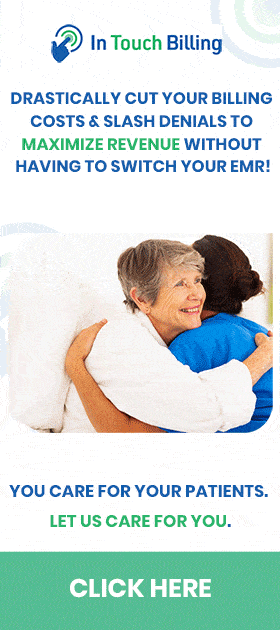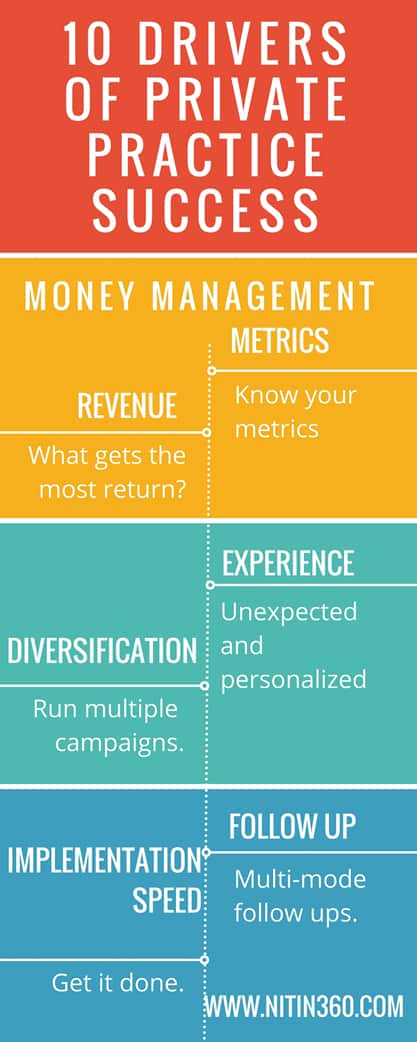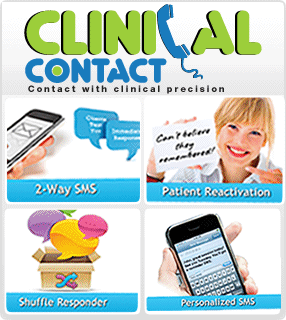
Clinic owners can learn a lot about themselves, their practice and staff with a simple patient survey.
A survey reveals information about a patient’s interests and provides valuable data about the services they utilize most, along with why they are (or are not) recommending the clinic to others. A survey also offers the means to more effectively market the practice.
The right questions in a survey reveal a wealth of information – a level of insight that no business consultant, course or workshop can provide.
Be aware that patients may not be entirely honest if their responses are personally identifiable.
They may be afraid that if they’re honest, their level of care will be reduced, they won’t be able to get a timely appointment, or that they might run into other awkward issues.
Practitioners should never ask about something they can’t or won’t change and avoid simple yes or no survey questions.
Surveys should be available online and in paper form for patients who may not be tech-savvy. For practices that have implemented iPads and similar devices for use by patients, surveys can be provided and completed in that way. Keep surveys simple, clear and specific. If a question refers to wait times, clarify if it’s in the waiting room or exam room.
Patient satisfaction surveys improve a practice’s performance, but they’re a tool that an increasing number of insurance companies are utilizing as an evaluation method. They provide much more than simple feedback. They can help practitioners identify undesirable staff, reduce wait times, and identify the potential for increased revenue streams.
Above all, don’t make significant changes without careful consideration, investigation, and a sufficient response rate. A goal of at least 50 responses can provide an adequate representation. Improvements that impact the patient experience should be a priority, along with those that can be implemented quickly and easily.
The following are 10 of the best survey questions clinicians can ask if they want to learn how patients view them and their practice. Make sure that the services are not personally identifiable.
Please write the first thing that comes to your mind about our clinic
This helps you understand how you are perceived by the patient. This will also guide your future marketing efforts.
Where did you first hear about us?
Most new patients come to a clinic based on the recommendations of the insurance company, and at times friends, family or co-workers. However, an increasing number of people are utilizing social media, a clinic’s website, or a general online search for medical professionals. A practice may need to be more involved in social media, ensure the business website is SEO-friendly, or provide more information on the company website to encourage patients to initiate contact.
How would you describe us to a friend?
Even though surveys should be de-identified, you can use this feedback in testimonials on websites and marketing materials. You can take this a step further if you conduct an in-person survey with the patients. Ask the patient to provide permission to use this in writing and don’t forget to request a headshot to accompany it.
What would you miss most if you couldn’t see us anymore?
This provides clinics with the means to identify their strengths, weaknesses and where to focus on improvement.
How would you rate our responsiveness on a scale of 1 to 10?
Responsiveness is important to patients. Regular calls, texts and emails can help prevent patients from turning to other practices / competitors for their healthcare needs.
What are your biggest daily challenges?
This is an opportunity to learn about additional areas where services/products might be offered or content can be generated for use on websites and social media.
Can you identify two or three things that you like about us?
Use the information as hooks to induce other patients to try the practice.
What is our #1 area of improvement in your opinion?
Patients can be very creative in their suggestions and provide insight into how websites can be made more efficient or additional services/products that might be offered.
What was your experience with the clinician on a scale of 1 to 10?
Patients typically mention cost, but there’s little to be done about that. Clinicians can use the information to demonstrate the value they provide, change procedures, or offer discounts or “perk” programs.
Can you rate your experience with the front desk from 1 to 10?
Individuals will have different views on everything from how quickly appointments are scheduled to how the clinician is perceived. The information is important for any practice, but significantly so for clinics that primarily treat certain age groups and those that want to move into different demographic areas.
Thank you for reading! If you have any questions, please reach out to us. If you are looking for a tool to run your own surveys, in addition to a done-for-you email newsletter marketing solution try Therapy Newsletter for 30 days for just $1. It’s going to be the best investment you will ever make for your clinic!






